AeroGenie — Your Intelligent Copilot.
Trending
Categories
Aircraft Deliveries Drop 30 Percent, Raising Safety Concerns
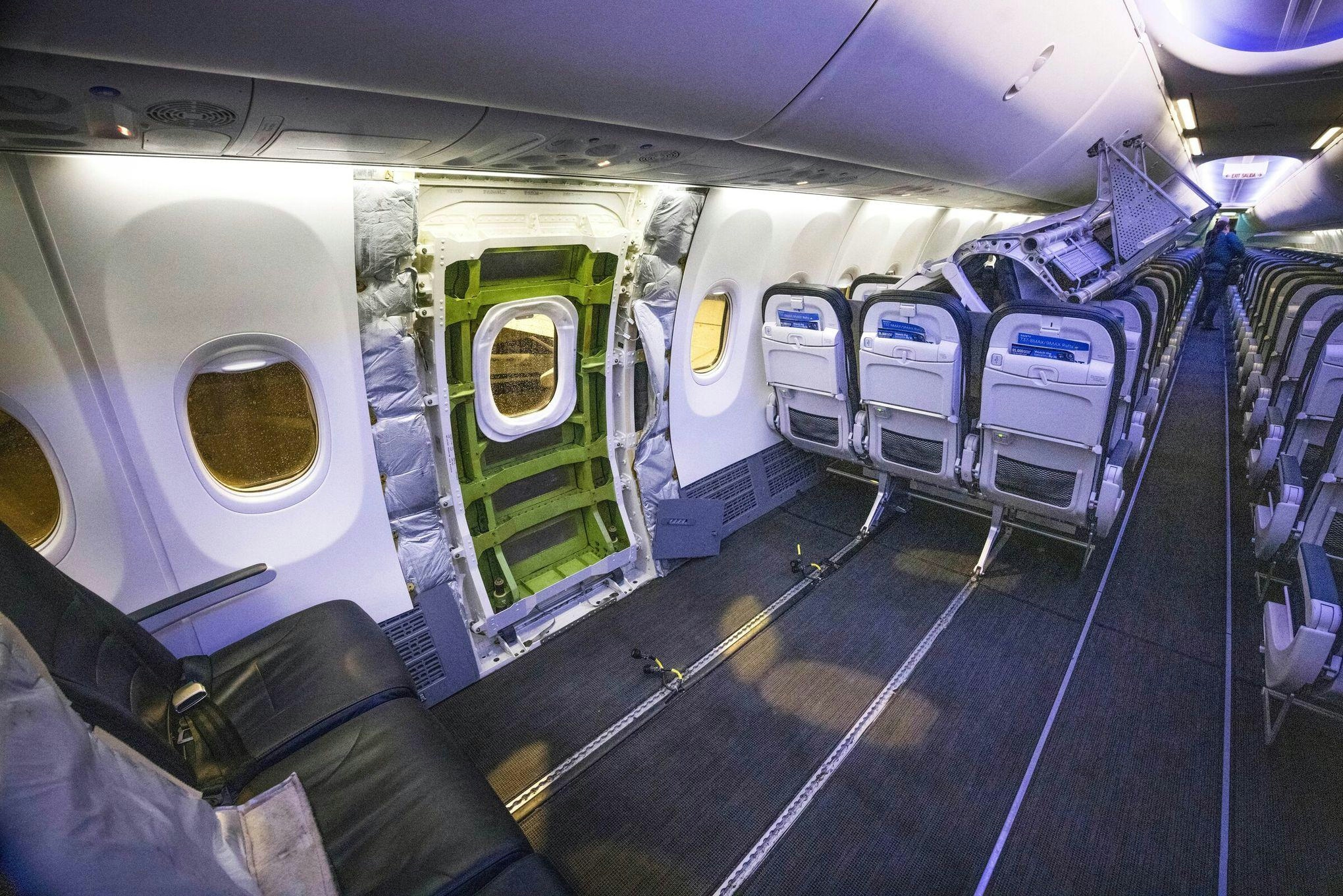
Aircraft Deliveries Decline by 30 Percent Amid Rising Safety Concerns
The International Air Transport Association (IATA) World Safety and Operations Conference (WSOC) commenced this week in Xiamen, China, bringing together global aviation leaders to confront escalating safety challenges. These challenges arise amid ongoing geopolitical instability and persistent supply chain disruptions that continue to affect the industry’s operational landscape. Mark Searle, Director General of IATA, welcomed delegates by emphasizing the significance of hosting the conference in China for the first time, describing the nation as “an aviation powerhouse” and acknowledging its notable advancements in safety and operational standards.
Progress and Challenges in Aviation Safety
Searle highlighted China’s achievements, including the broad adoption of the IATA Safety Leadership Charter, the protection of aviation spectrum during the 5G rollout, and the establishment of new international waypoints with Tajikistan and Kyrgyzstan to enhance route flexibility. He underscored the economic importance of aviation in China, noting that the sector contributes $250 billion to the country’s GDP and supports over 10 million jobs.
Despite these positive developments, Searle issued a stark warning about the unprecedented risks confronting the industry. He referenced recent tragic incidents, such as the downing of an Azerbaijan Airlines jet and fatal accidents in Sudan, emphasizing that while such events are rare, they remain “completely unacceptable.” He stressed that civilian aircraft must never be exposed to such dangers, particularly in conflict zones.
The operational environment is further complicated by ongoing geopolitical tensions. The war in Ukraine results in the cancellation of up to 2,000 flights daily and forces rerouting of an additional 1,500 flights. Similarly, the India–Pakistan conflict has led to more than 200 daily diversions. Europe has experienced a surge in drone incursions and Global Navigation Satellite System (GNSS) interference, increasing by over 200 percent since 2021. These disruptions have undermined confidence and connectivity, extended journey times, and elevated costs and emissions, despite established procedures and rerouting efforts.
Supply Chain Disruptions and Their Impact on Safety
Adding to these operational challenges, the aviation industry is contending with a 30 percent decline in aircraft deliveries, which has raised significant safety concerns. A joint report by IATA and Oliver Wyman attributes this decline to ongoing supply chain disruptions that delay the production of new aircraft and parts. As a result, airlines are compelled to extend the service life of older aircraft to accommodate rising passenger demand. The global commercial aircraft backlog has surged to a record high of over 17,000 units, far exceeding the 2010–2019 average, while spending on maintenance, repair, and overhaul continues to increase.
Although the recent reinstatement of zero tariffs on aircraft and parts between the United States and the European Union has alleviated some trade tensions, it has not resolved the persistent production delays. High-profile setbacks, such as Boeing’s ongoing difficulties with 777X deliveries, have frustrated major customers including Emirates, which has placed orders for more than 200 units. Industry analysts caution that these supply chain challenges could cost airlines upwards of $11 billion in 2025.
Searle emphasized that safeguarding the future of aviation safety demands strong leadership, strict adherence to global standards, and the intelligent application of operational data. He described global standards as “the bedrock of global aviation” and warned against regulatory fragmentation. He concluded by affirming the industry’s responsibility to manage current risks while anticipating and preparing for future challenges.
As the aviation sector navigates a complex interplay of operational, geopolitical, and supply chain risks, leaders at WSOC reiterated the urgent need for coordinated action to uphold safety and resilience in the skies.
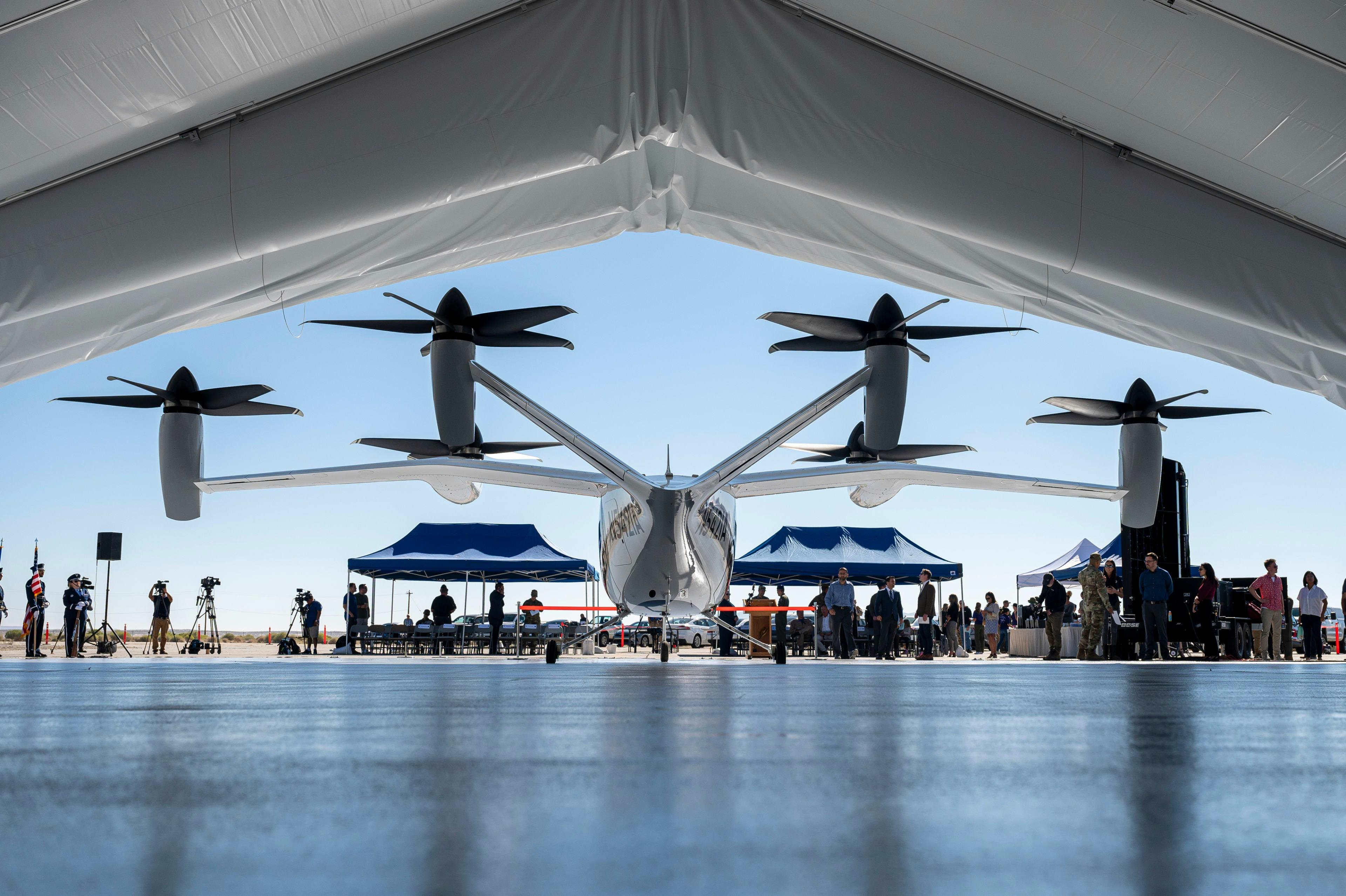
Cathie Wood Increases Investment in Air-Taxi Stocks
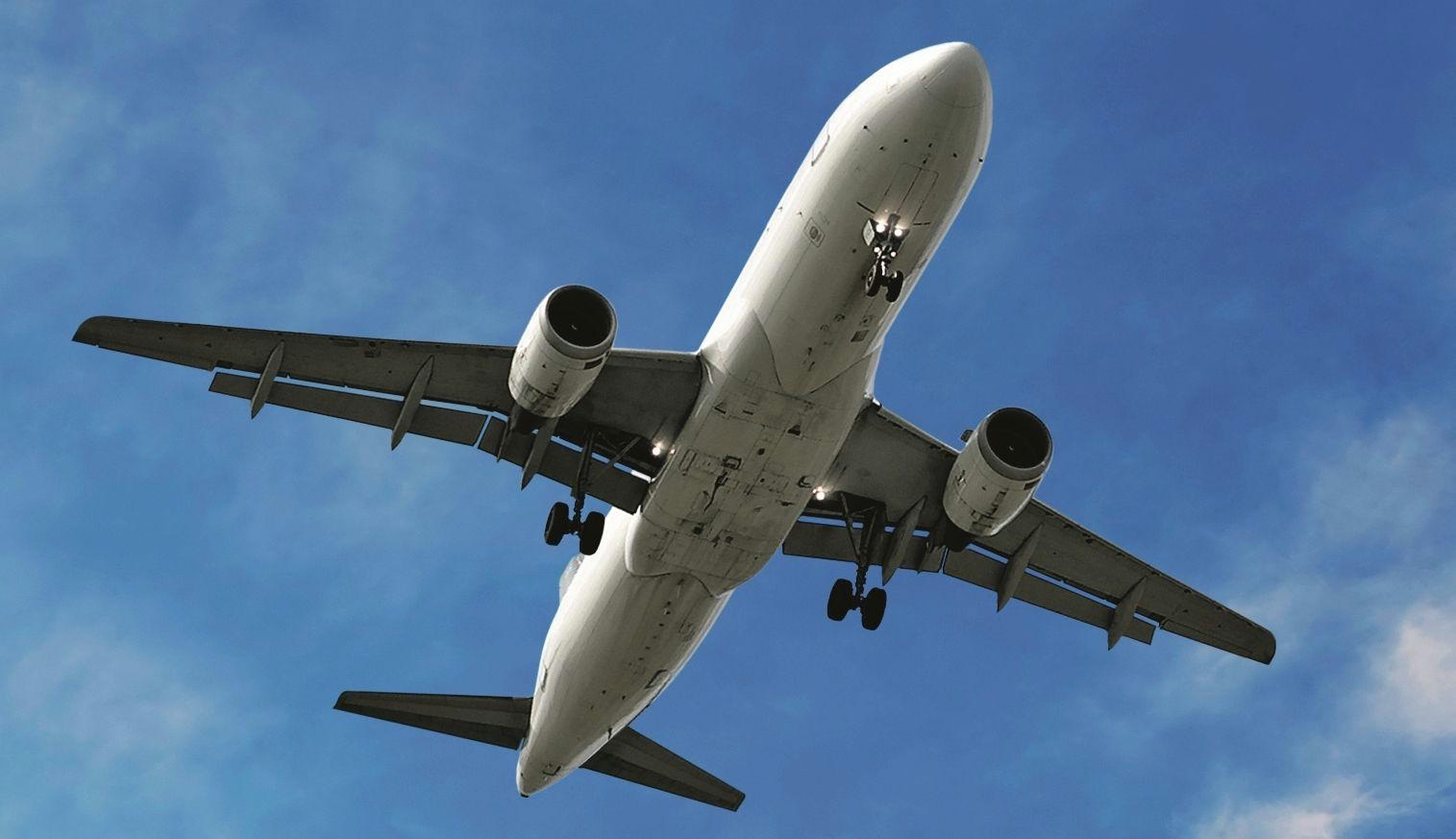
Airlines Face Fundamental Technology Challenges, Not Just AI Issues
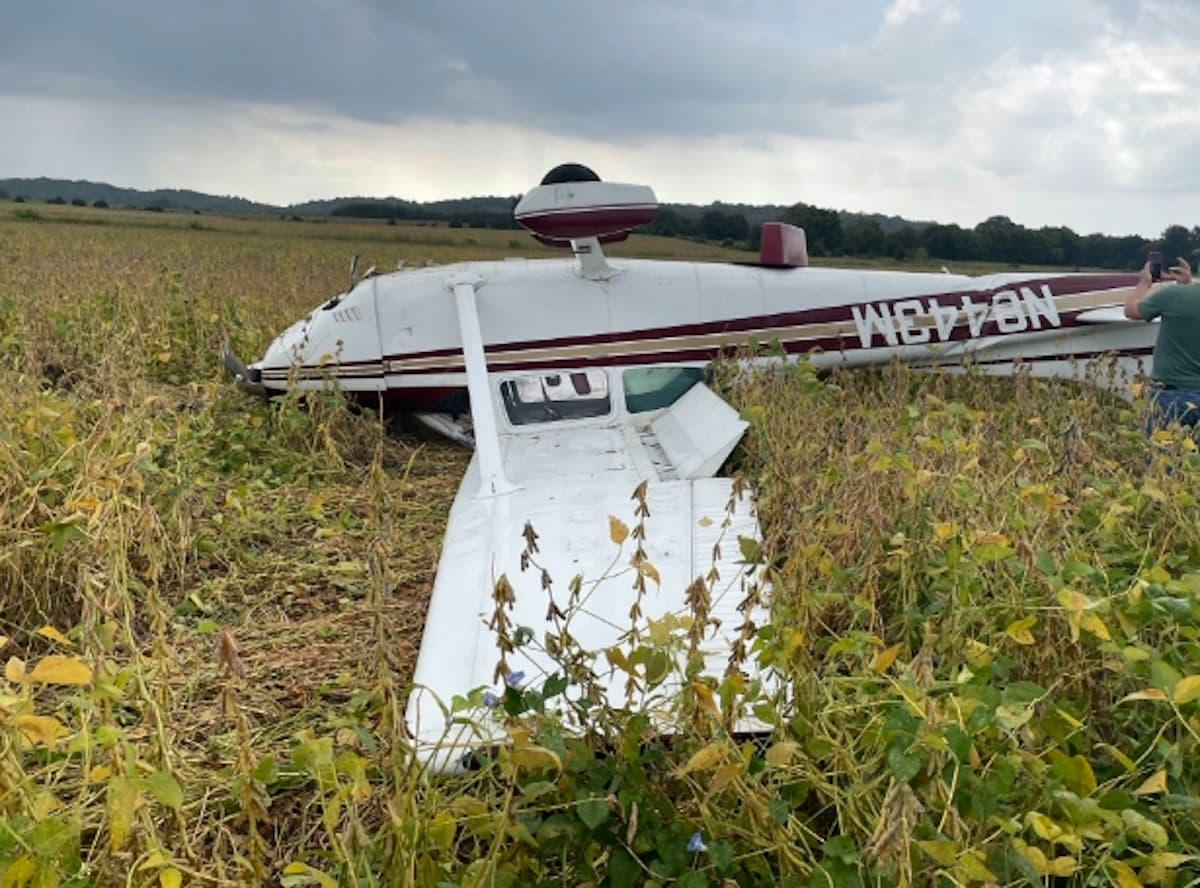
Crankshaft Fatigue Causes Emergency Landing

Embraer Integrates AI-Based Counter-Drone System into A-29 Super Tucano
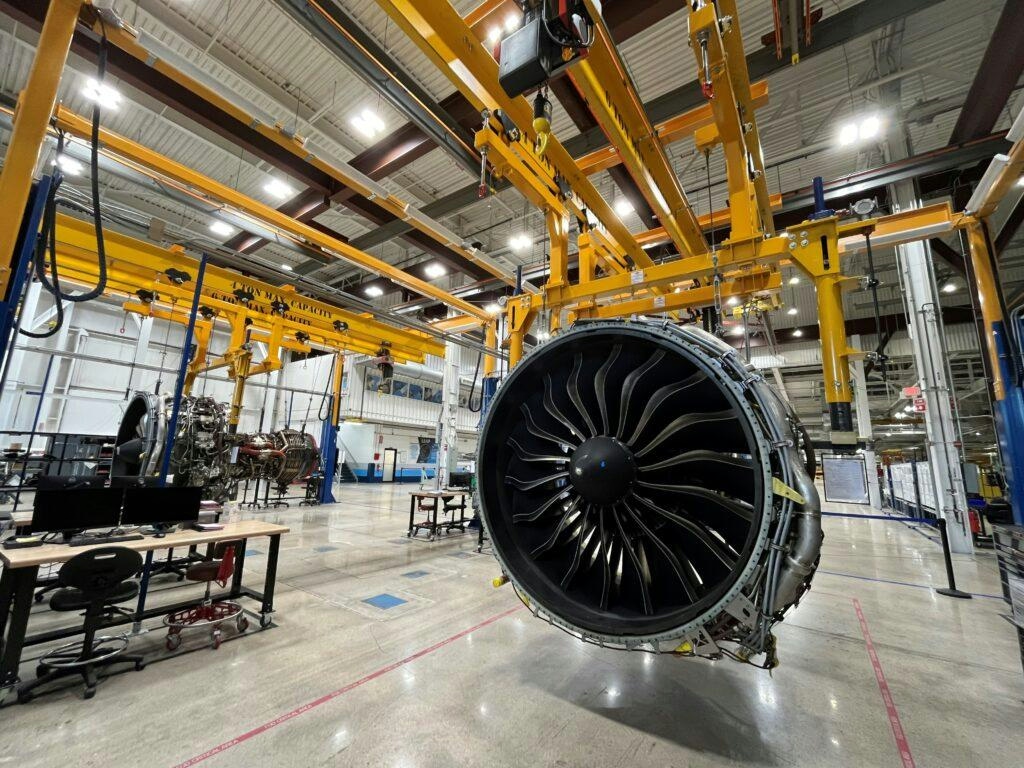
Standardaero and Avilease Sign Agreement for LEAP and CFM56-7B MRO Services
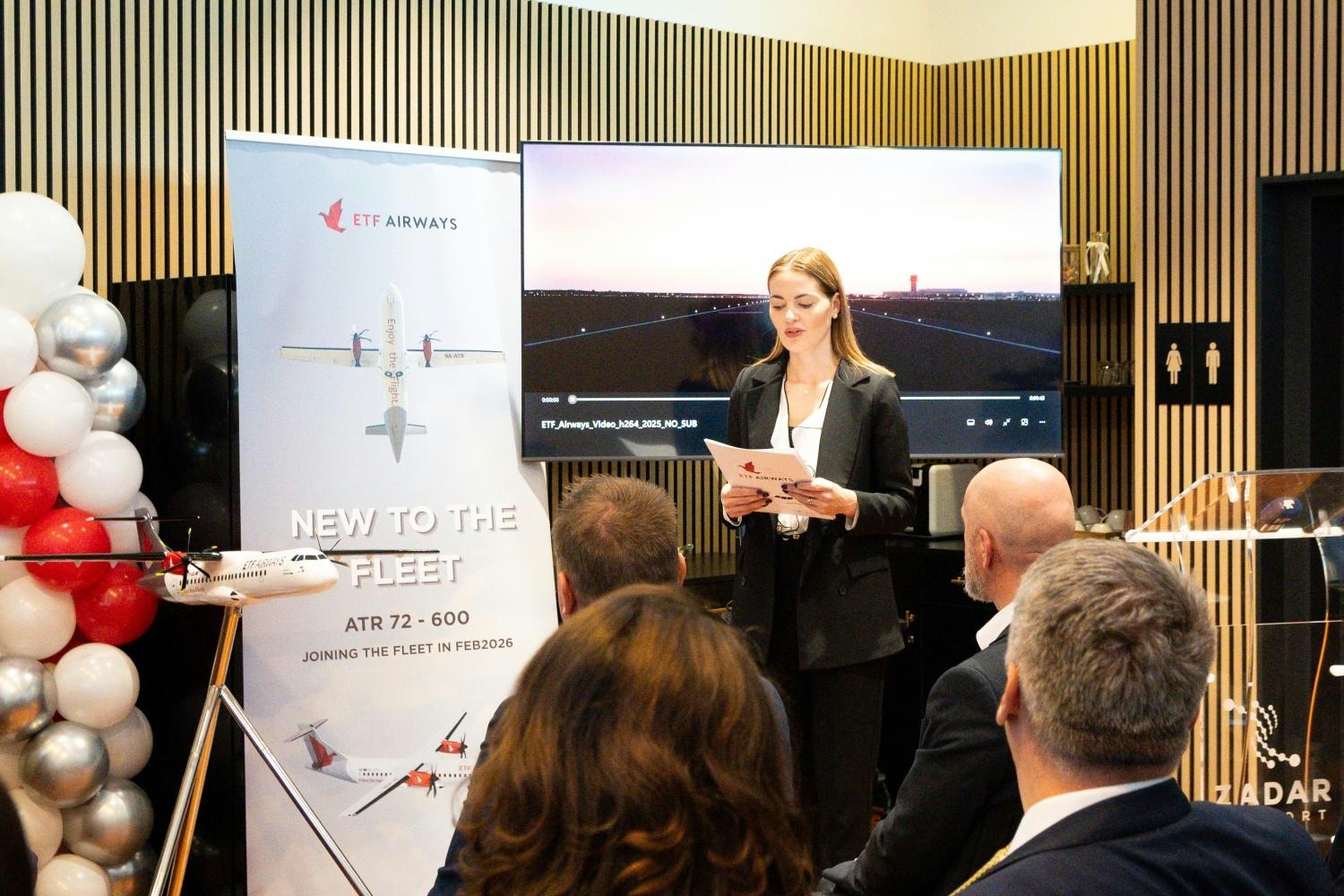
ETF Airways to Receive First ATR Aircraft
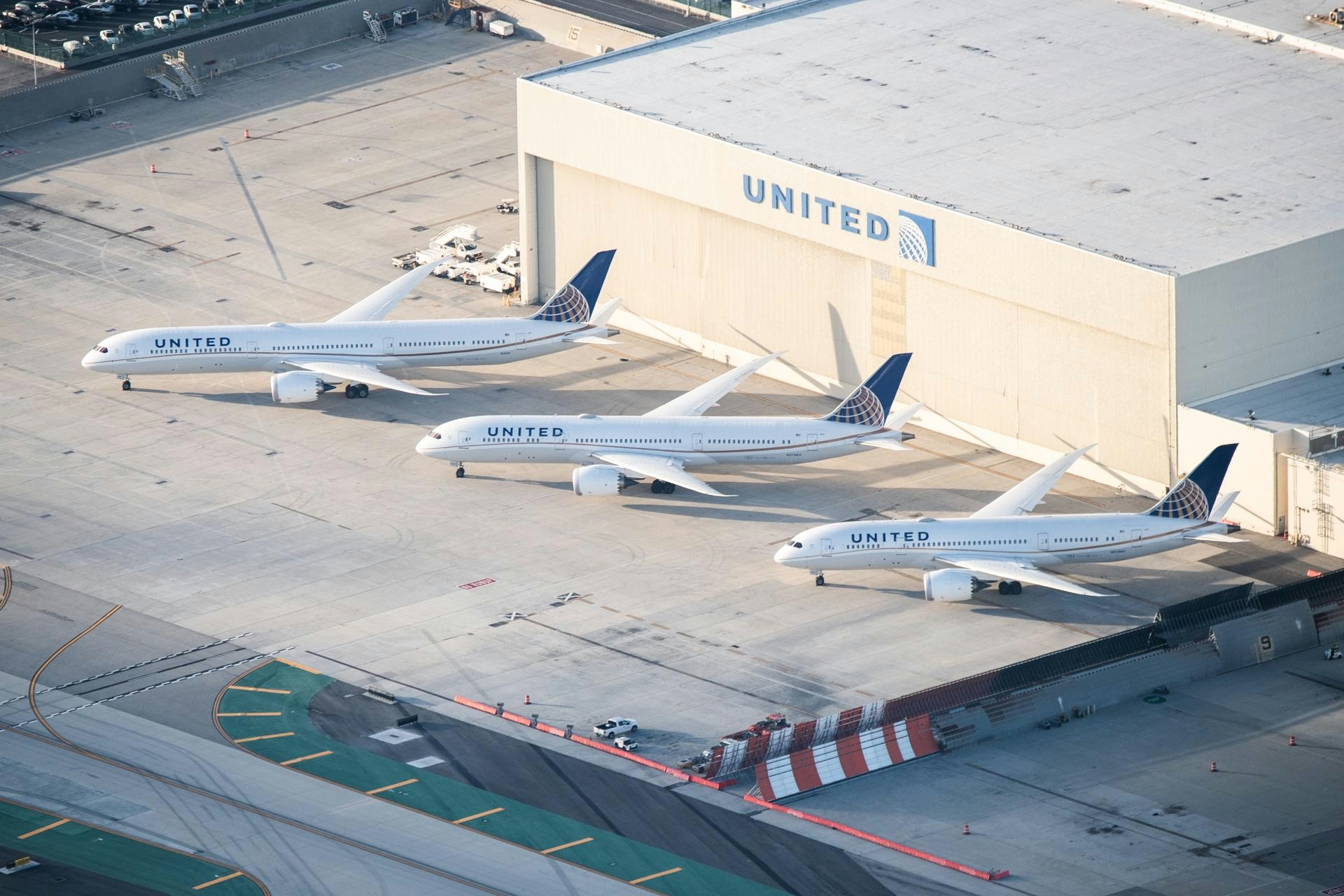
Range Comparison Between Boeing 787-9 and 787-10 Dreamliner
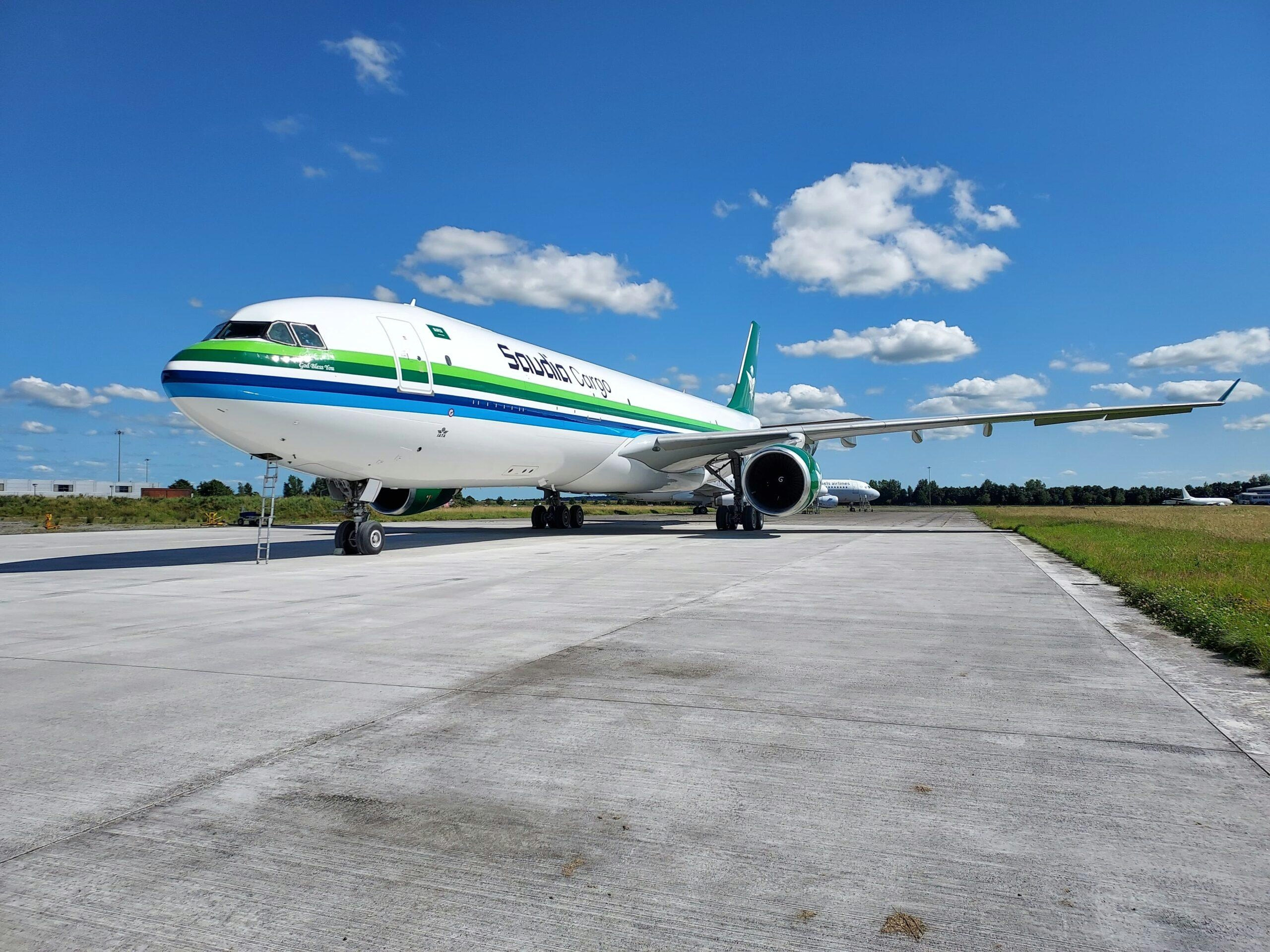
AJW Group Renews Partnership with ASL Aviation to Support A330ceo Fleet
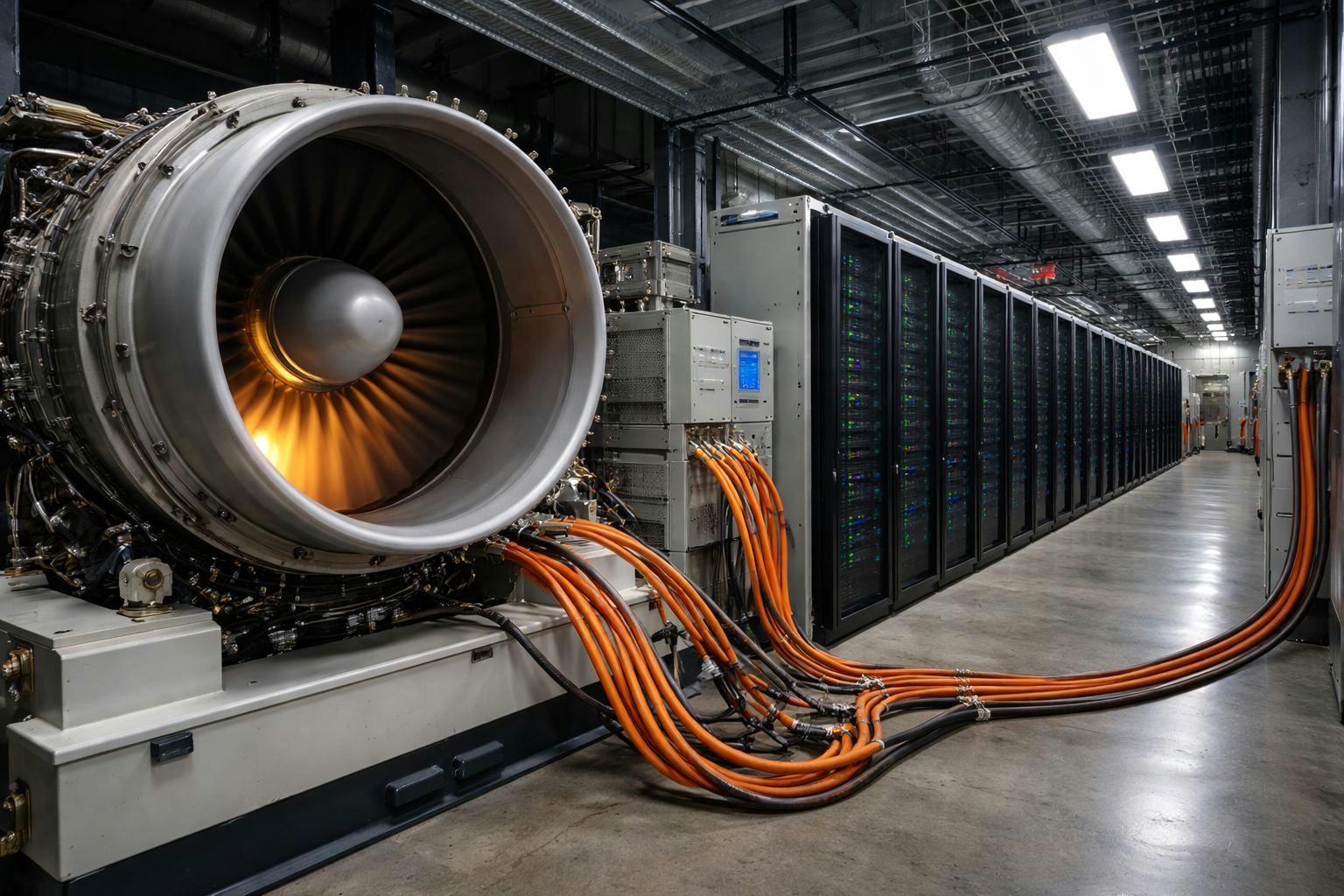
Could AI Cause a Jet Engine Shortage Similar to the Chip Crisis?

Joint Statement from UK Space Agency, MHRA, Regulatory Innovation Office, and Civil Aviation Authority
